How to Quit Your Job
This post was originally published in the Harvard Business Review.
For the 8 million plus people who are still unemployed (and hundreds of thousands more who are underemployed) it’s hard to fathom quitting a job you have. But even for the gainfully employed, the last two years have been anything but a party — everyone’s got more work and nobody’s moving up. Fully 84% of US workers say they plan to look for a new jobin 2011.
If you’re someone who is dissatisfied with or unchallenged by your current role and you’re considering cutting the cord, keep in mind the following: how you quit your job can be just as important as when you do so and where you go next. Here are three key steps to keep in mind as you take your leave gracefully:
- Take the High Road
- Help Find your Replacement
- Stay in Touch
Take the High Road
Whether you’ve outgrown a once-fabulous job, become bored with a humdrum one, or had enough of an intolerable boss, you owe it to yourself to leave on a high note and not burn bridges. No matter the situation, it doesn’t do you any good to rant and rave to your boss or stick it to him just because you can. Airing your grievances post-mortem might make you feel better, but it won’t help your career any.
Instead, as you go in to give your boss the news (in private and before you tell anyone else) focus on the reasons why you’re looking for a new opportunity, joining a new firm or traveling abroad for a new adventure. Keep your comments positive — state why you’re excited about the change; express gratitude for all he has done for you and acknowledge the personal learning or growth you current position has provided (there is always learning, even in tough or stagnant environments).
If you do have harsh criticism or feedback that you think can/will make a difference, then plan a separate conversation with your manager after you’ve given notice. Don’t save it for the exit interview — who knows where that black hole of HR information goes? Instead, share the feedback firsthand with your boss with the express purpose of helping the team or organization work better going forward.
Allison, this is very hard for me, but I’ve decided to take a new position with Honeydrop. I’m exited about the opportunity but do I appreciate all of the time and energy you’ve invested in my career.
Jonathan, I’ve decided that next month is going to be my last. I think you know how challenging its’ been over the past few months here and it just seems like the right time to move on. I’m going to take with me a lot of valuable lessons about client service and business development.
Find your Replacement
Two weeks’ notice is standard — at the very least you should commit to that. If you have flexibility and want to show you’re really a class act, however, offer to stay on to help with the transition for a few extra weeks. Better yet, work on finding your own replacement. In today’s uber-connected world, it’s not hard to imagine having a qualified friend, former classmate or LinkedIn connection who you think might be a good match. Exiting stage left while simultaneously leaving your team in new/good hands will be remembered long after you’ve gone. Added bonus — it will help to relieve your conscience if you feel bad about leaving.
Stay in Touch
Finally, even though the old model of working for MaBell for 30 years and then collecting retirement is wholly obsolete, there’s still no reason to sever ties with the people you’ve been spending 8-10 hours a day with lately.
Companies are increasingly realizing the value of their alumni networks. In the same way, your former colleagues or managers are a valuable asset to you as well–and not just for the sake of the cliché reference letter (though that may be a consideration). More importantly, that network may come in handy for the innumerable unseen opportunities that will likely present themselves over the next 10, 20, or 30 years.
Who knows where you’ll end up after this new job? The world is mobile. Keep your network of trusted friends, colleagues and advisors warm. If you’ve done good work, built real or meaningful relationships, or even just gained a valuable skillset, don’t throw away all of that experience by pretending these years of your life didn’t exist.

